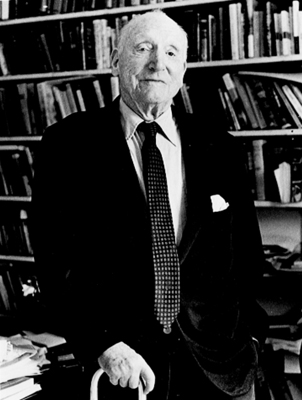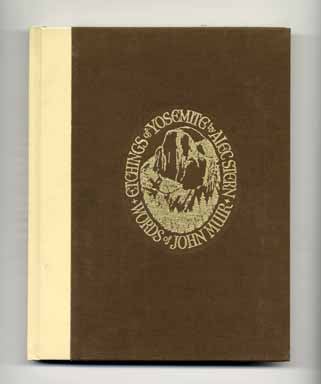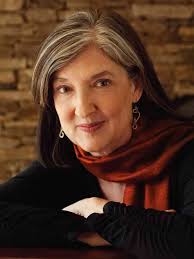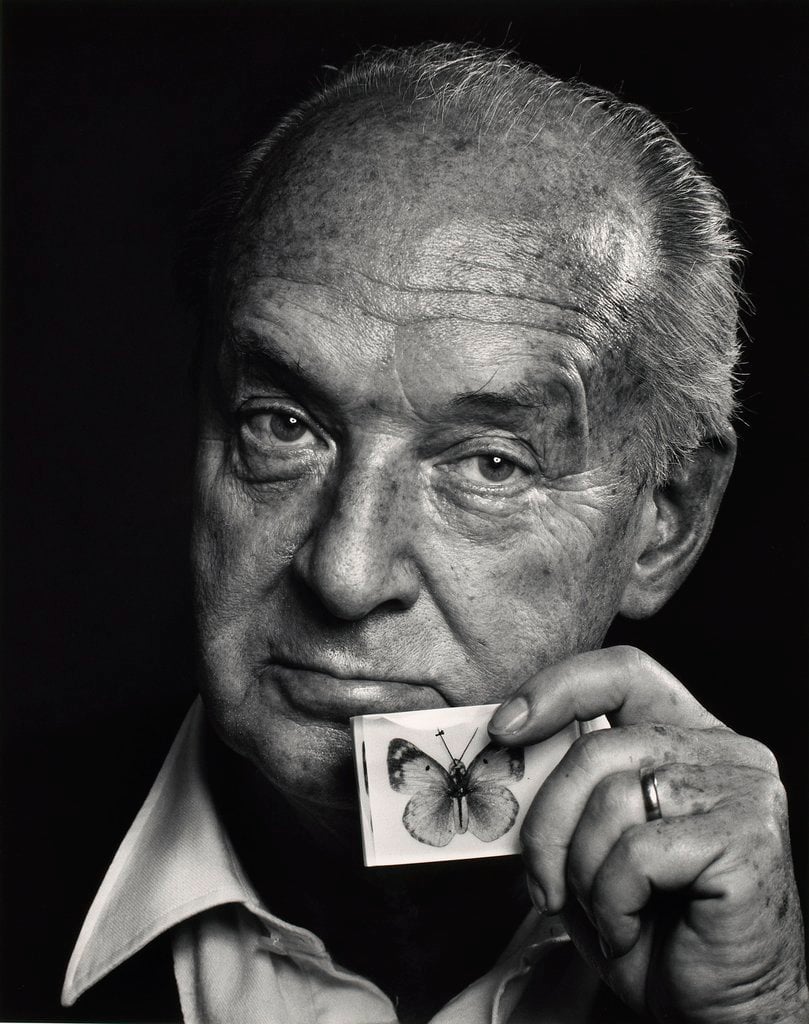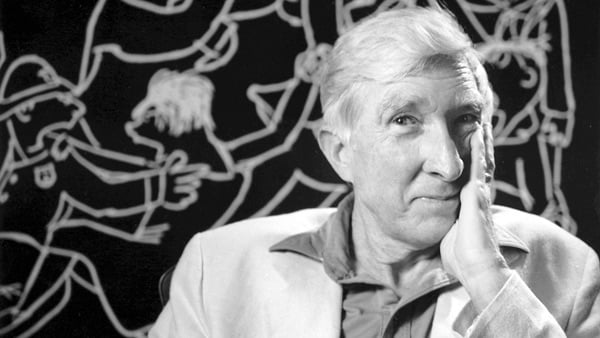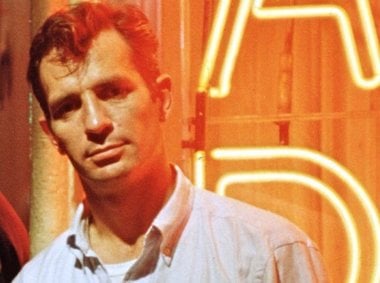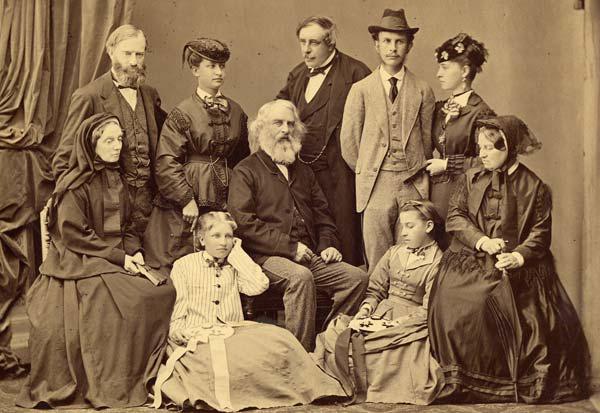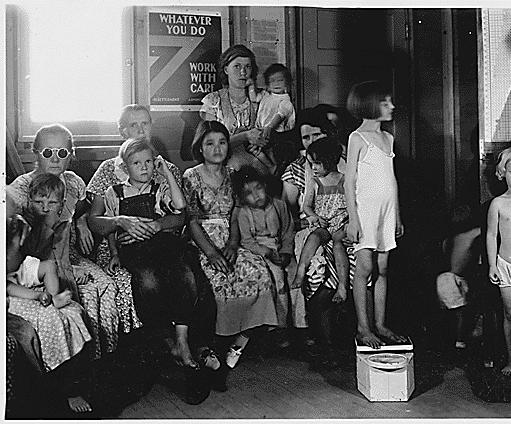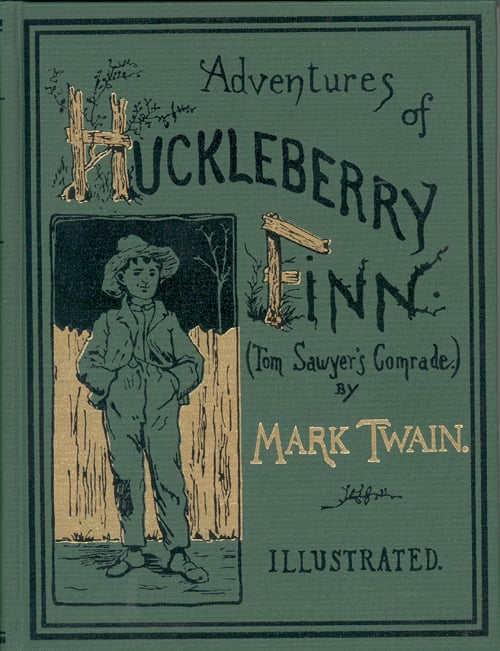American novelist and short story writer, Bernard Malamud was born on April 26, 1914 in New York. His parents were Russo-Jewish immigrants with very little knowledge of the English Language. Malamud had one younger brother, Eugene and the boys experienced quite a poor childhood. Escaping realities, Bernard would often read stories and watch Charlie Chaplain films, which would later influence his style of writing. Malamud always had an appreciation for teaching and the learning process. Despite his mother’s death in his early teen years, Malamud continued on through high school and graduated with a Bachelors of Arts from the City College of New York. He later received his Master’s Degree from Columbia University while teaching high-school night classes.
us toll free: 1-800-948-5563 international: +1 (843) 849-0283 UK: +44 (0) 1334 260018





